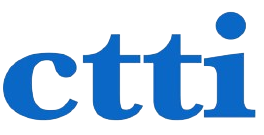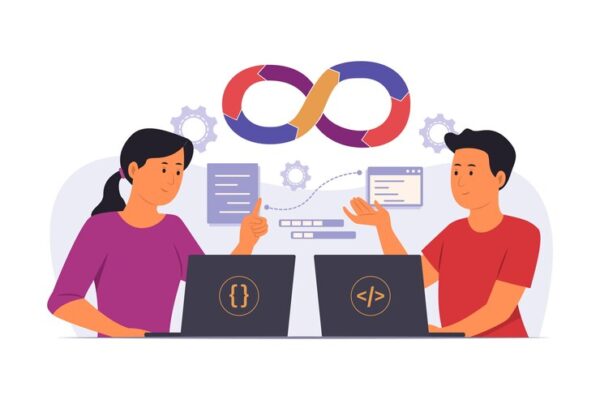Course Overview
“Introduction to Python Programming” is a comprehensive five-day course designed for corporate customers looking to build a strong foundation in Python programming. This course covers fundamental programming concepts, Python syntax, data structures, and practical applications, providing participants with the skills needed to develop efficient and effective Python programs. Through a blend of interactive lectures, hands-on exercises, and real-world projects, participants will gain a deep understanding of Python programming and its applications in various business contexts.
Module 1: Introduction to Python and Programming Basics
Understanding Python and its uses:
Overview of Python and its applications in various industries.
Advantages of Python over other programming languages.
Setting up the Python environment:
Installing Python and setting up the development environment.
Introduction to Integrated Development Environments (IDEs) such as PyCharm and VS Code.
Basic syntax and structure:
Writing and running Python scripts.
Understanding the structure of a Python program.
Commenting code and best practices.
Basic data types and variables:
Introduction to data types (integers, floats, strings, and booleans).
Declaring and using variables.
Performing basic arithmetic operations.
Module 2: Control Flow and Functions
Control flow statements:
Using conditional statements (if, elif, else) to control program flow.
Writing and understanding loops (for and while loops).
Using break and continue statements.
Functions and modular programming:
Defining and calling functions.
Understanding function arguments and return values.
Scope and lifetime of variables in functions.
Introduction to lambda functions.
Error handling and exceptions:
Understanding common errors and exceptions.
Using try, except, else, and finally blocks to handle exceptions.
Best practices for error handling.
Module 3: Data Structures and File Handling
Lists, tuples, and dictionaries:
Creating and manipulating lists.
Understanding list comprehensions.
Working with tuples and their immutability.
Using dictionaries for key-value pairs.
Sets and their applications:
Creating and using sets.
Understanding set operations (union, intersection, difference).
File handling:
Reading from and writing to files.
Working with different file modes (read, write, append).
Using context managers for file operations.
Data serialization:
Understanding JSON format.
Reading and writing JSON data.
Module 4: Working with Libraries and Modules
Introduction to Python libraries:
Overview of the Python Standard Library.
Installing and managing external libraries using pip.
Popular Python libraries:
Introduction to NumPy for numerical computations.
Using Pandas for data manipulation and analysis.
Introduction to Matplotlib for data visualization.
Creating and using modules:
Organizing code into modules.
Importing and using modules in Python programs.
Understanding the Python Package Index (PyPI).
Module 5: Advanced Topics and Practical Applications
Object-Oriented Programming (OOP):
Understanding the principles of OOP.
Creating and using classes and objects.
Implementing inheritance, polymorphism, and encapsulation.
Working with APIs:
Introduction to web APIs.
Using Python to interact with RESTful APIs.
Parsing and using JSON data from APIs.
Introduction to web development with Flask:
Setting up a basic Flask application.
Understanding routes and templates.
Building a simple web application.
Project: Building a Real-World Python Application:
Applying the concepts learned to develop a real-world application.
Project planning and implementation.
Code review and optimization.
Presentation and discussion of the project.
Conclusion
This five-day “Introduction to Python Programming” course provides a solid foundation in Python programming, equipping participants with the skills needed to develop efficient and effective Python programs. By the end of the course, participants will have a comprehensive understanding of Python syntax, data structures, control flow, functions, and advanced topics such as object-oriented programming and web development. Participants will be prepared to apply their Python skills in various business contexts through hands-on exercises and real-world projects.
Join us at CTTI and take the first step towards mastering Python programming.


Reviews
There are no reviews yet.